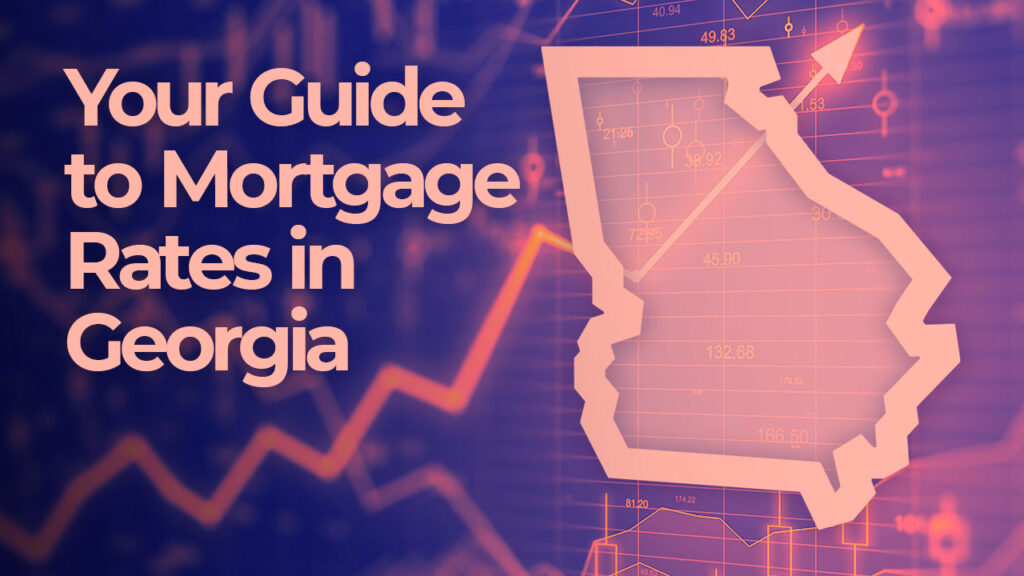The landscape of small loans is changing rapidly, driven by advancements in artificial intelligence (AI), big data analytics, and evolving credit scoring methods. This transformation promises both opportunities and challenges for borrowers and lenders alike. Let’s explore the future of accessing smaller amounts of credit.
AI-Powered Underwriting: A New Era of Lending
AI is revolutionizing the underwriting process. Algorithms can analyze vast datasets to assess creditworthiness more efficiently and accurately than traditional methods, potentially opening access to credit for individuals previously excluded. 
Big Data’s Impact on Credit Scoring
Big data offers a broader view of an applicant’s financial behavior. Lenders can utilize various data points beyond the traditional credit report, such as bank transactions, utility payments, and even social media activity (with proper consent), to create a more holistic picture. This can lead to more inclusive and nuanced credit assessments.
The Rise of Alternative Credit Scoring
Alternative credit scoring models are gaining traction. These models look beyond traditional credit scores to assess creditworthiness, considering factors like rental payment history, employment stability, and bill payment behavior. This approach can help individuals build credit or access credit even with a limited credit history. Learn more about alternative credit scores.
Increased Accessibility to Credit
The integration of AI and big data has the potential to increase access to credit for underserved communities. By considering a wider range of data points, lenders can better evaluate the creditworthiness of individuals who may have been overlooked by traditional lending practices. 
Faster Loan Approvals and Disbursements
AI-driven automation streamlines the loan application process, leading to faster approvals and loan disbursements. Borrowers can expect quicker turnaround times, improving the overall lending experience.
Personalized Loan Offers
AI algorithms can analyze individual borrower profiles to tailor loan offers that are better suited to their specific needs and financial situations. This personalized approach can lead to more favorable loan terms and better financial outcomes for borrowers.
Enhanced Fraud Detection
AI and machine learning algorithms can identify patterns indicative of fraudulent activity, helping lenders mitigate risks and protect themselves from losses. This contributes to a safer and more secure lending environment.
Improved Customer Service
AI-powered chatbots and virtual assistants can provide borrowers with instant support and answers to their questions, improving customer service and satisfaction. Read more about AI in customer service.
Data Privacy and Security Concerns
The increased reliance on data raises concerns about data privacy and security. Lenders must implement robust security measures to protect sensitive borrower information from unauthorized access or misuse. Understanding data privacy in lending.
Regulatory Challenges and Compliance
The evolving regulatory landscape presents challenges for lenders adopting AI and big data in their lending practices. Compliance with data privacy regulations and anti-discrimination laws is crucial.
The Role of Fintech Companies
Fintech companies are at the forefront of innovation in the small loan sector. They are leveraging AI and big data to develop new and more efficient lending models.
The Future of Credit Reports
Credit reports are likely to evolve to include a wider range of data points, providing lenders with a more comprehensive picture of borrower creditworthiness. 
Financial Inclusion and Economic Empowerment
Increased access to credit can contribute to financial inclusion and empower individuals and small businesses to achieve their financial goals. Learn about the impact of financial inclusion.
Challenges and Opportunities for Borrowers
Borrowers need to be aware of the implications of AI and big data in lending. Understanding their rights and responsibilities in terms of data privacy is essential.
Managing Algorithmic Bias
It is crucial to address potential algorithmic bias in AI-powered lending systems. These systems should be designed and implemented to avoid perpetuating existing inequalities.
Transparency and Explainability in Lending Decisions
Greater transparency and explainability in lending decisions are needed to build trust and confidence in AI-driven lending systems. Borrowers have a right to understand how decisions affecting their creditworthiness are made.
The Importance of Financial Literacy
Financial literacy is more important than ever in the age of AI and big data lending. Borrowers should be well-informed about their options and capable of making responsible borrowing decisions. Improve your financial literacy. Find financial literacy resources.
Conclusion
The future of small loans is bright, with AI and big data poised to revolutionize the industry. Increased accessibility, faster processing times, and personalized loan offers are on the horizon. However, responsible implementation, addressing potential biases, and ensuring data privacy are critical for realizing the full potential of this technological advancement.
Frequently Asked Questions
What is AI-powered underwriting? AI-powered underwriting uses algorithms to assess creditworthiness more efficiently and accurately than traditional methods, potentially opening access to credit for individuals previously excluded.
How does big data impact credit scoring? Big data provides a broader view of an applicant’s financial behavior, enabling lenders to use various data points beyond the traditional credit report for a more holistic credit assessment.
What are alternative credit scoring models? Alternative credit scoring models consider factors like rental payment history and employment stability, helping individuals with limited credit history access credit.
What are the data privacy concerns? The increased use of data raises concerns about data privacy and security, requiring lenders to implement robust security measures to protect borrower information.
How can borrowers protect themselves? Borrowers need to understand their rights and responsibilities regarding data privacy and make responsible borrowing decisions.


